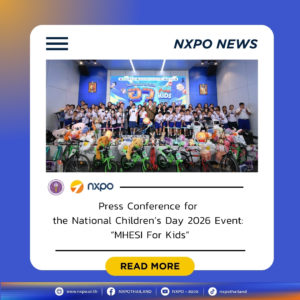On 30 May 2025, NXPO convened its Executive Board Meeting, chaired by Ms. Supamas Isarabhakdi, Minister of Higher Education, Science, Research and Innovation. A key agenda item was the consideration of a draft Royal Decree proposing tax exemptions for expenses incurred by businesses participating in experiential learning programs in collaboration with higher education institutions.

Dr. Surachai Sathitkunarat, President of NXPO, explained that the proposed Royal Decree is designed to incentivize businesses to engage in experiential learning initiatives by offering tax benefits.
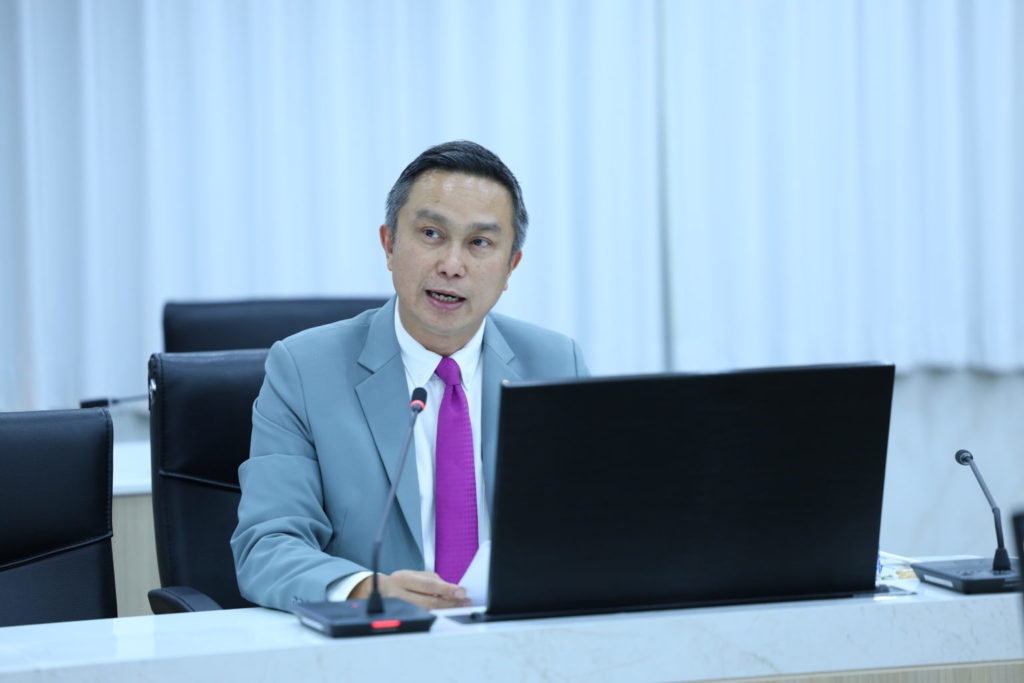
“The objective is to create opportunities for students to gain real-world work experience and bridge skill gaps through curricula co-developed by higher education institutions and industry partners. This measure also aims to enhance the administration of tax incentives by improving transparency, accountability, and operational efficiency,” said Dr. Surachai
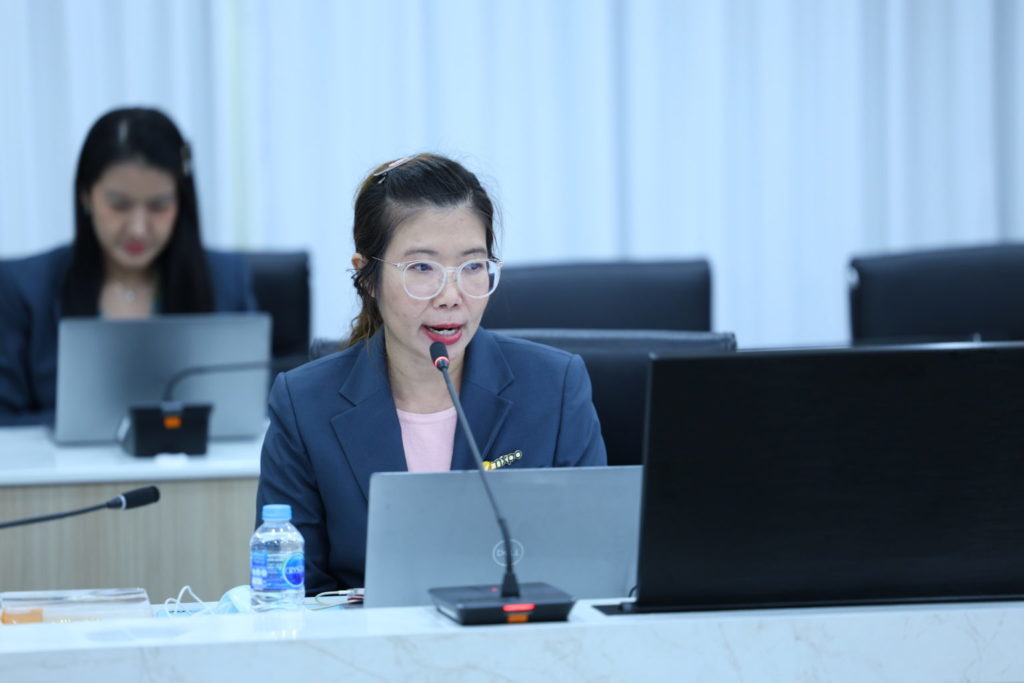
Ms. Panisa Harnpathananun, Director of the Higher Education Innovation and Future Skills Development Division at NXPO, further outlined that the draft Royal Decree is built around five core goals: 1) Diversifying collaboration models, 2) Streamlining procedures to improve private sector access to benefits, 3) Transitioning operational processes to digital platforms, 4) Integrating data systems to strengthen labor market analytics and workforce planning, and 5) Encouraging private sector involvement in human capital development.
The initiative’s implementation framework consists of two principal mechanisms:
- A co-creation model for curriculum development, involving more than 100 participating businesses annually. This model aims to align academic programs with industry needs while offering businesses a 250% tax deduction on eligible expenses.
- Internship programs within businesses, engaging over 10,000 companies and providing opportunities for 60,000–100,000 students each year. Students are required to complete a minimum of 120 days of on-the-job training, with participating businesses eligible for tax incentives under the Thailand Plus Package
“In 2022, this system produced over 9,000 graduates, leading to the creation of more than 8,000 STEM-related job positions across 150 companies nationwide,” Ms. Panisa noted.
This initiative is expected to increase the number of job-ready graduates to at least 100,000 annually (up from the current 60,000), contribute over 11.682 billion THB to GDP, and help businesses reduce recruitment costs by approximately 3.6 billion THB. It also anticipates attracting investment in education-related projects from at least 17,000 domestic and international firms, while establishing a centralized database to support advanced labor market analytics and strategic workforce planning.
Prof. Dr. Supachai Pathumnakul, MHESI Permanent Secretary, emphasized that experiential learning is a critical strategy for future workforce development. However, he pointed out that only 30% of the more than 9,000 higher education programs currently incorporate experiential learning components — a proportion the ministry aims to increase to 50% within the next year.
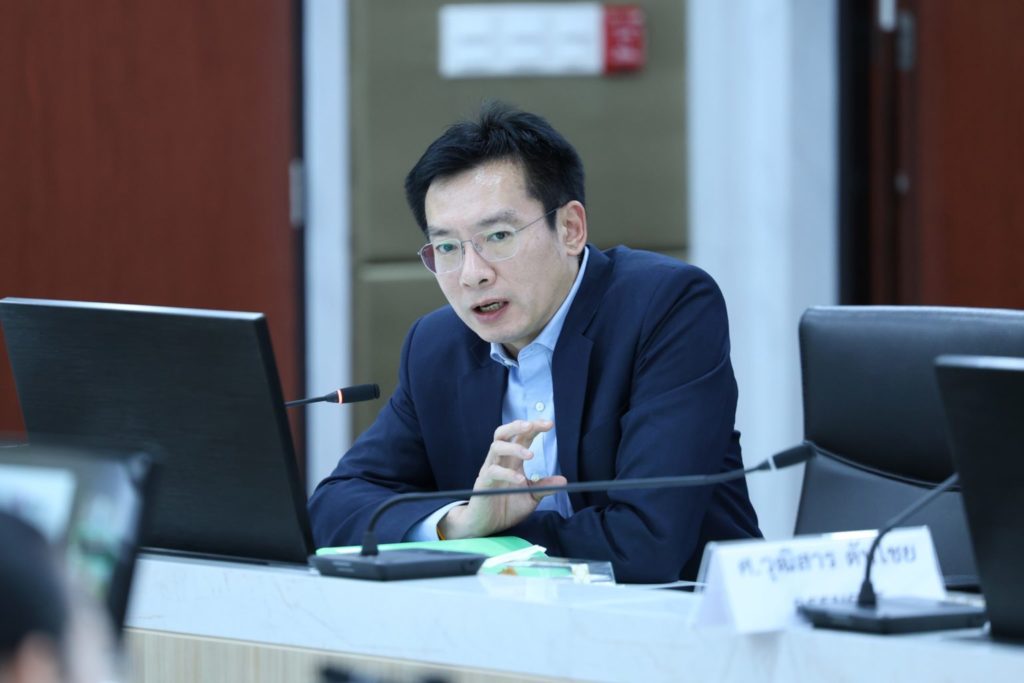
“One of the key challenges is securing enough businesses willing to host students for 120-day internships, as many companies still perceive this as a burden. The proposed tax incentives are designed to turn this burden into an opportunity,” Prof. Dr. Supachai remarked.
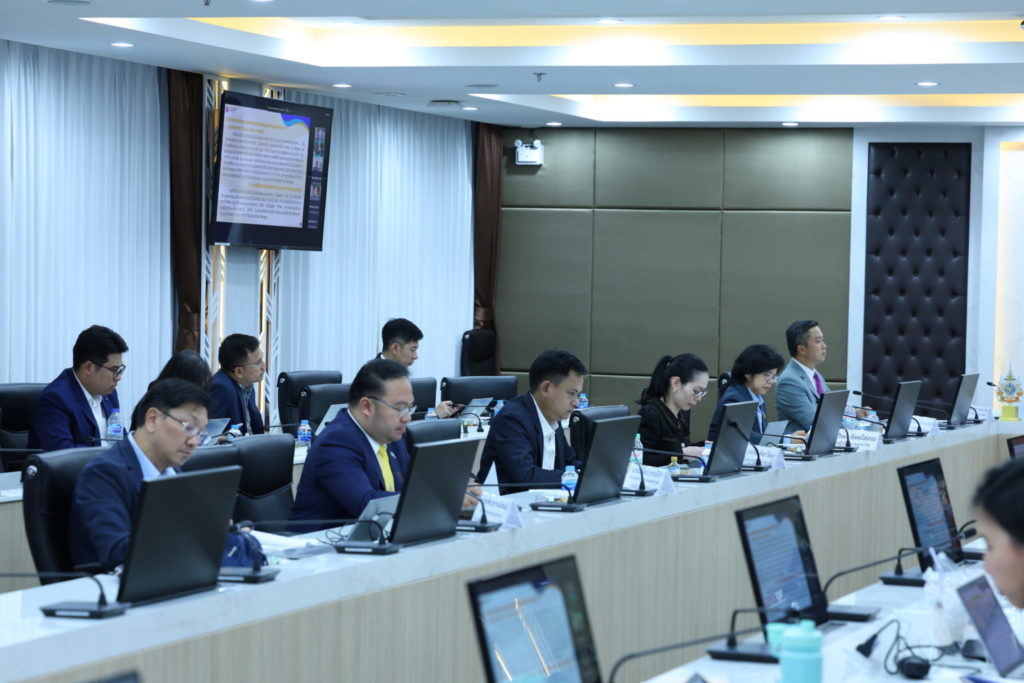
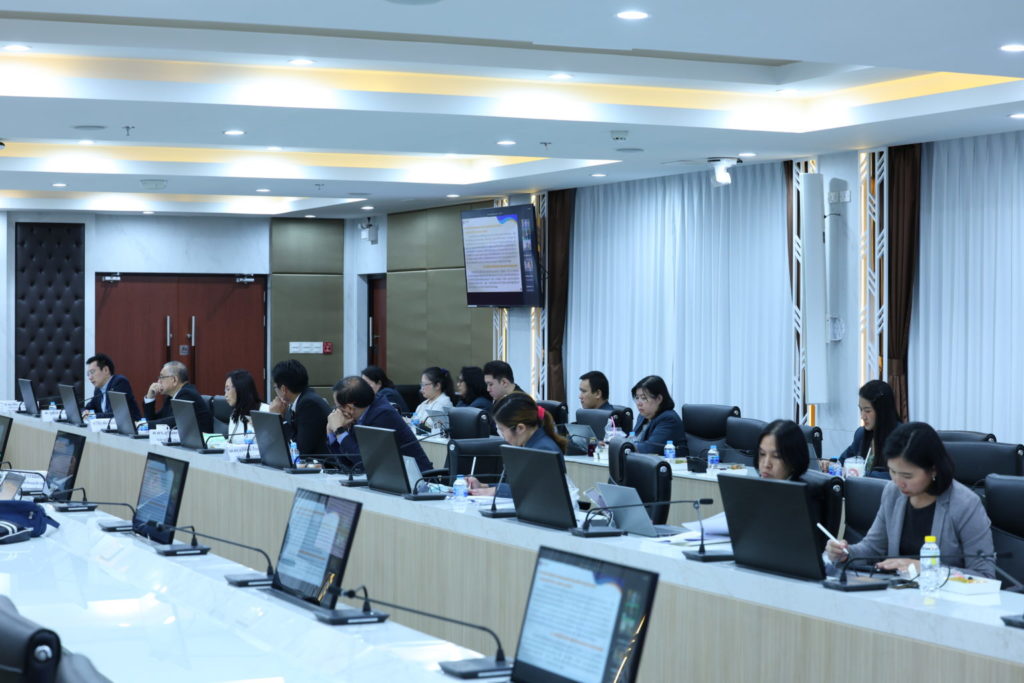
Industry representatives at the meeting voiced their support for the initiative and proposed further increasing the share of curricula directly aligned with industry needs. They also stressed the importance of integrating safety measures into these programs to keep pace with the evolving demands of the future workplace.





